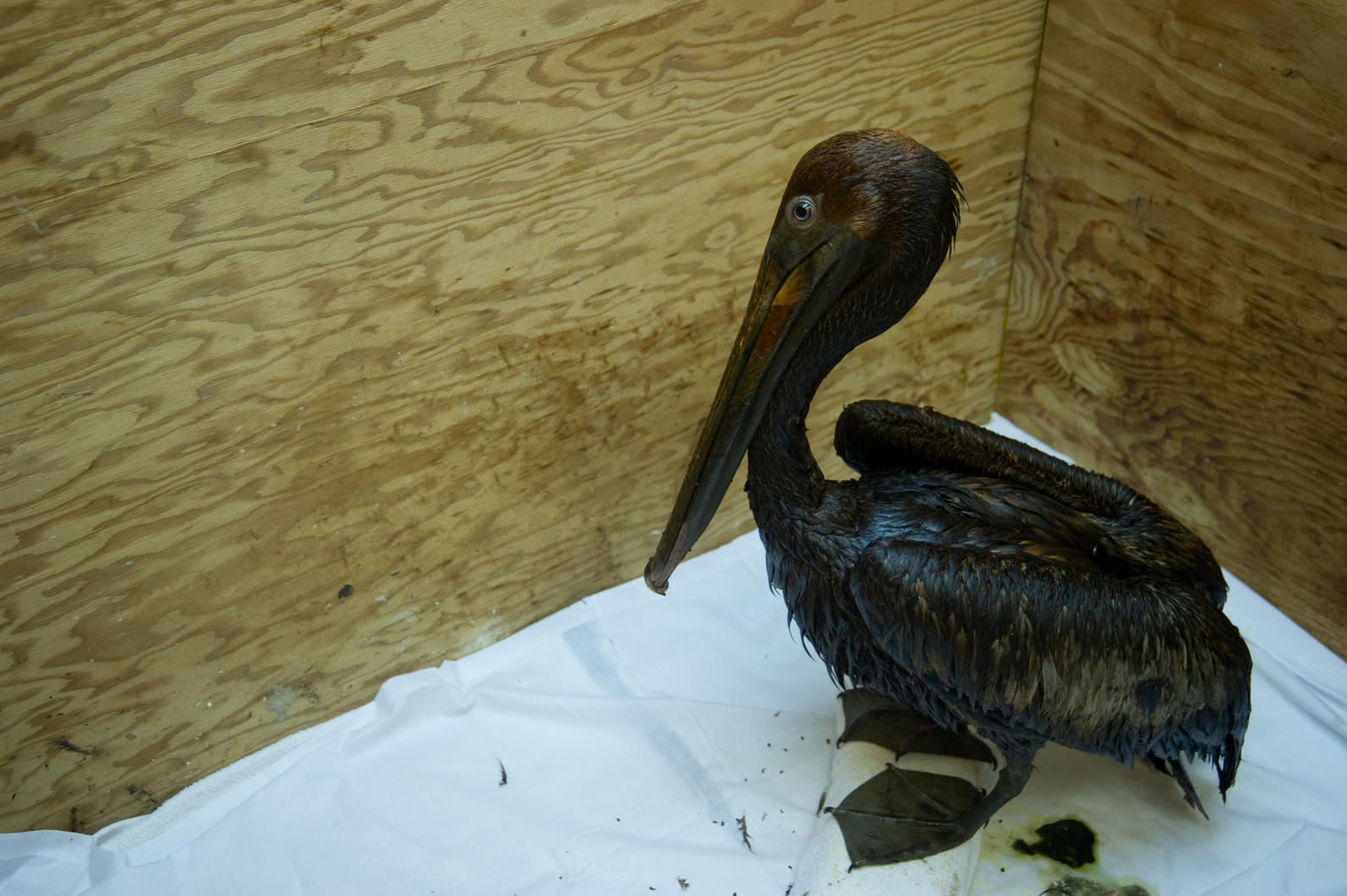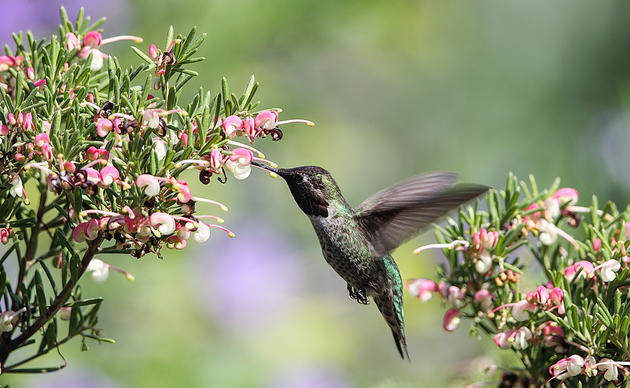
Hoping to maintain California’s reasonable protections for migratory birds, Audubon California is sponsoring Assembly Bill 454, which seeks to eliminate a loophole in state law that could roll back important safeguards. The bill, authored by Assembly Member Ash Kalra, will sever the linkage between state law protections for migratory birdsand the federal Migratory Bird Treaty Act (MBTA), which is being scaled back by the Trump Administration.
Just as this important legislation was going before its first Assembly committee last week, to the surprise of exactly no one, the Western States Petroleum Association announced its opposition to the bill. This opposition draws the battle lines for this bill very clearly.
While the effects of oil spills are broad and far-reaching, touching nearly every aspect of communities which suffer them, the stories of these oil spills are frequently told using images of one form of wildlife: birds.
This was particularly true during the Deepwater Horizon spill in 2010, when the Associated Press noted that the first oiled bird found was a Northern Gannet, and then for months our news channels were replete with images of dead and dying birds coated in oil. For decades, Californians have seen firsthand the impacts of oil on birds and other wildlife, from the landmark 1969 Santa Barbara spill to the more recent 2015 Santa Barbara spill.
If were up to the Trump Administration and the Western States Petroleum Association, as well as other opponents of AB 454, there would be no responsibility for the millions of birds killed due to carelessness and indifference from industry. For them, even basic protections for birds are an inconvenience that they hope to permanently remove. The Trump Administration and opponents to common-sense bird protections have made it clear that their only priority is increasing profits regardless of the impacts to the environment or future generations.
Researchers estimate that the Deepwater Horizon spill killed more than a million birds, and for this specific harm, BP was fined $100 million under the MBTA. This fine was possible due to a rule established decades prior that made the accidental – though predictable and preventable – killed of birds a violation under the Act. This is also known as incidental take.
At the same time that the oil industry and its allies are pushing to remove protections for birds in California, the Trump Administration is moving to expand new offshore oil leases off California and the rest of the country, it is also moving to dismantle. Let’s be clear, if the Deepwater Horizon spill were to happen today, BP would pay no penalty under the MBTA for killing a million birds.
Californians have expressed time and time again that we are opposed to new drilling off our coast. We’ve seen what kind of damage oil can do to our beloved beach and shorelines, and we’ve had enough. But as we fight this move to expand drilling offshore, it’s also essential that we protect the birds that would suffer immensely in an oil spill.
Passing AB 454 will be difficult. Big Oil has tremendous resources and it is pulling out all the stops to pull strings with legislators in Sacramento. . They are building a coalition of profit-first industries and their powerful lobbyists to stop AB 454 from passing. It will be up to people who care about California’s birds and our environment to fight back.
It’s clear, you either side with Big Oil or you side with the birds.

By Mike Lynes
Monthly Giving
Our monthly giving program offers the peace of mind that you’re doing your part every day.




